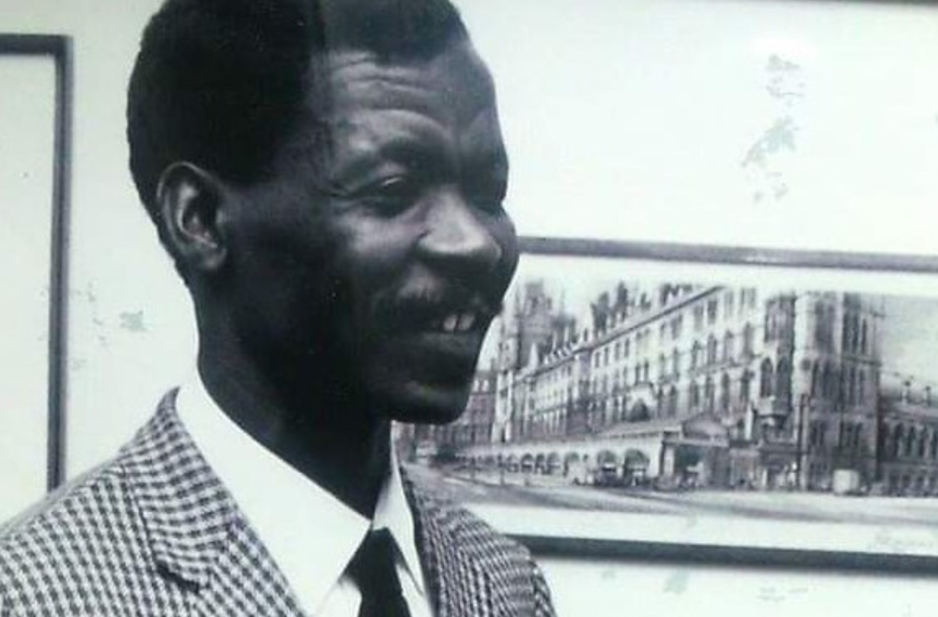An exhibition has opened for passengers at London Euston explaining the fight of a pioneer for race equality who overturned a racist recruitment policy at the station in the 1960s
Asquith Xavier was a guard with British Rail and was denied a promotion based on the colour of his skin in 1966. Despite being the year after the 1965 Race Relations Act banning discrimination in public in Britain, the law did not cover workplaces.
With union backing, Asquith fought the policy in the courts, lobbied MPs and the government and on 15 July British Rail bowed to mounting pressure and scrapped its ‘whites only’ recruitment policy. His success is now the focus of an exhibition on Euston Station’s concourse which was opened by his daughter Maria.
Network Rail has also produced an educational leaflet in partnership with Mr Xavier’s family in the hope his determined fight for racial equality can be taught in schools today.
The learning resources have been sent to 1,150 primary and secondary schools in Network Rail’s North West and Central region, which spans from Euston to the West Midlands, North West and Cumbria.
Some of the first children to learn about Asquith’s life using the new materials were from Netley Primary School who met his family at the opening of the exhibition.
Asquith’s daughter Maria said: “My brothers, sisters and I see this exhibition as a great opportunity for our father’s fight for racial equality within the workplace to be recognised.
He faced racial threats to his life, whilst attending court and work and had to have police protection during this time.
“Our father’s actions, we believe, initiated changes made to the Racial Equality Act of 1968, paving the way for other unsung heroes within the workplace and the UK.”
Network Rail’s West Coast South route director, James Dean, said: “Asquith Xavier is a name many children today will never have heard of, but this exhibition and education leaflet aims to change that. I’m immensely proud that we have been able to work with Asquith’s family to tell their story, simply to be treated fairly in the workplace, to the next generation.
“His determination and courage need to be known far and wide because even though this happened 55 years ago, our society still has some way to go to ensure everyone is treated the same regardless of their ethnicity, religion, sexual orientation or gender.”
Loraine Martins, director of diversity and inclusion for Network Rail, said: “It’s extremely poignant that this exhibition is here at Euston. This is where Asquith Xavier became the first black train guard by challenging a colour bar, which was British Rail policy at the time. Asquith Xavier did this in the face of great adversity and threats to his life.
“Network Rail is fully committed to being a company where each individual is valued, respected and encouraged to reach their full potential. In keeping with his memory, we’re working hard to ensure our workforce better represents our customers and society as a whole. We will continue to make the best use of our people’s talent and capabilities to provide real opportunities for their professional development.”
The exhibition about Asquith Xavier’s achievements, part of Network Rail’s 2020 Black History Month programme of events, will be on display at Euston station for the next six months.
A link to download the education pack can be found at: https://www.networkrail.co.uk/stories/black-history-month-exhibition-honours-asquith-xavier-at-london-euston/
